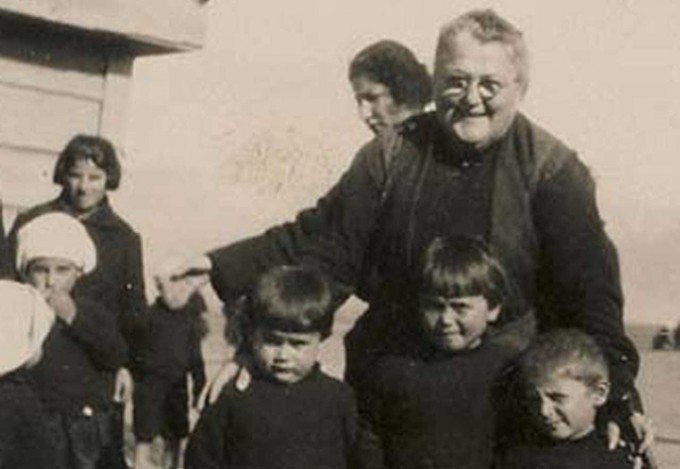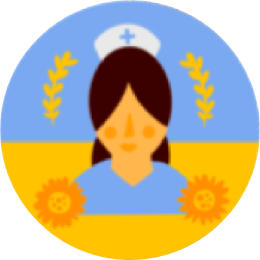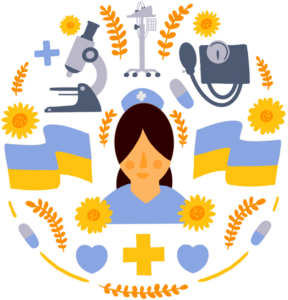Profiles In Nursing
Emma Cushman (1863-1931), Saving World War I Orphans
Pistol-packing guardian angel for the young victims of the Armenian Genocide

In 2016, three 8th graders from Kansas produced a documentary about someone they consider an “unsung hero.” Their project, which won them the Lowell Milken Center for Unsung Heroes’ 2016 Discovery Award, was about Emma Cushman, an American nurse who is credited with saving the lives of thousands of orphans during and after World War I.
Refusing Safe Passage
Although she received her training at a hospital in New Jersey, Emma Cushman lived most of her life outside the United States, doing medical missionary work for the American Board of Foreign Missions in Turkey; establishing a hospital in Caesarea, Palestine (now part of Israel); administering the American Hospital in Konya, Turkey; and later setting up a series of orphanages. She established nursing schools in both Caeserea and Konya, using textbooks she translated herself after mastering the Turkish language.
When the Ottoman Empire entered the First World War on the side of the Axis powers, all foreigners were ordered to leave. Turkey offered Cushman safe passage home, but she refused, instead bringing her formidable personality to bear on behalf of prisoners from several nations, some of them clergy members. In effect, she became the official or unofficial consul for some 17 neutral and Allied countries, overseeing millions of dollars in relief funds.
Armenian Genocide
This was the period of the Armenian Genocide: During the war and for several years afterward, the Ottoman government killed many thousands of Armenians and exiled thousands more. Cushman worked mightily to protect as many as she could, constantly putting her own life at risk. Much of her work was done in secrecy with the support of friendly Turks. Ottoman officials could do little to stop her.




